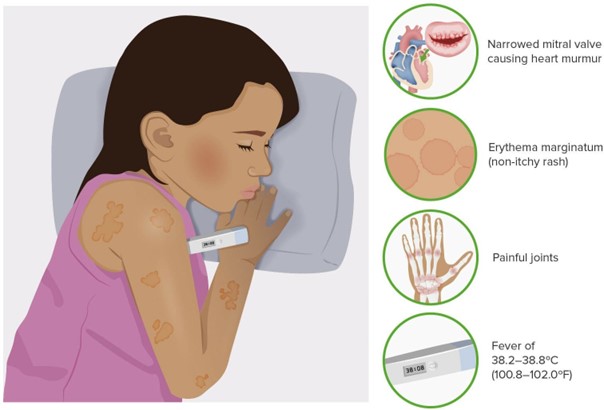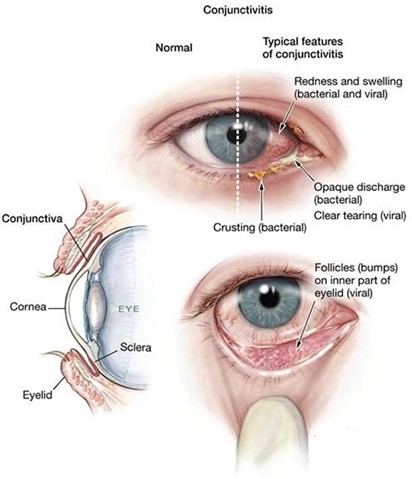The parents of a newborn infant with hypospadias are concerned about when the surgical correction should occur. Which information should the nurse provide?
Repair should be done before the child is potty-trained.
The urethral repair should be done after sexual maturity.
Surgery should be done by one month to prevent bladder infections.
Delaying the repair until school age reduces castration fears.
The Correct Answer is A
Answer: A
Rationale:
(A) Repair should be done before the child is potty-trained: Surgical correction of hypospadias is typically recommended before the child reaches the age of 18 months, ideally between 6 and 12 months. This timing ensures that the child has not yet developed any psychological awareness of the surgery and helps avoid complications during toilet training. Repair before potty training is important to prevent urinary dysfunction and psychosocial issues.
(B) The urethral repair should be done after sexual maturity: Delaying surgical repair until after sexual maturity is not recommended. Early repair is crucial to ensure normal urinary and sexual function, and delaying it could lead to complications such as difficulty with urination and psychological distress.
(C) Surgery should be done by one month to prevent bladder infections: While preventing urinary tract infections is important, performing surgery as early as one month is not typically necessary or recommended. The optimal timing is closer to 6 to 12 months of age when the child is more resilient to surgery but still before the developmental milestones of potty training.
(D) Delaying the repair until school age reduces castration fears: Delaying the surgery until school age can actually increase psychological stress and fear of castration. Early surgical correction is preferred to minimize psychological impact and to allow the child to develop normally without the need for complex explanations or fear of surgery later in life.
Nursing Test Bank
Naxlex Comprehensive Predictor Exams
Related Questions
Correct Answer is C
Explanation
Acute rheumatic fever is a serious inflammatory condition that can develop after a streptococcal infection, particularly if the infection is not treated or resolved properly. The most common initial symptom of acute rheumatic fever is a sore throat, which is usually accompanied by a fever and swollen lymph nodes.
While mumps, chickenpox, and influenza are all infectious diseases, they are not directly linked to the development of acute rheumatic fever. However, a recent or untreated streptococcal infection (such as strep throat) can lead to the development of acute rheumatic fever.
Therefore, when obtaining a health history from a child with a diagnosis of acute rheumatic fever, it is most significant to inquire about recent or untreated sore throat, as this is the most likely cause of the condition.

Correct Answer is B
Explanation
When using an ophthalmic anti-infective ointment, it is important to prepare the child for blurry vision after ointment application. This is because the ointment can temporarily blur vision after application. It is important to follow the instructions on the medication label and continue using the ointment for the full course of treatment, even if symptoms improve before then ¹.

Whether you are a student looking to ace your exams or a practicing nurse seeking to enhance your expertise , our nursing education contents will empower you with the confidence and competence to make a difference in the lives of patients and become a respected leader in the healthcare field.
Visit Naxlex, invest in your future and unlock endless possibilities with our unparalleled nursing education contents today
Report Wrong Answer on the Current Question
Do you disagree with the answer? If yes, what is your expected answer? Explain.
Kindly be descriptive with the issue you are facing.
